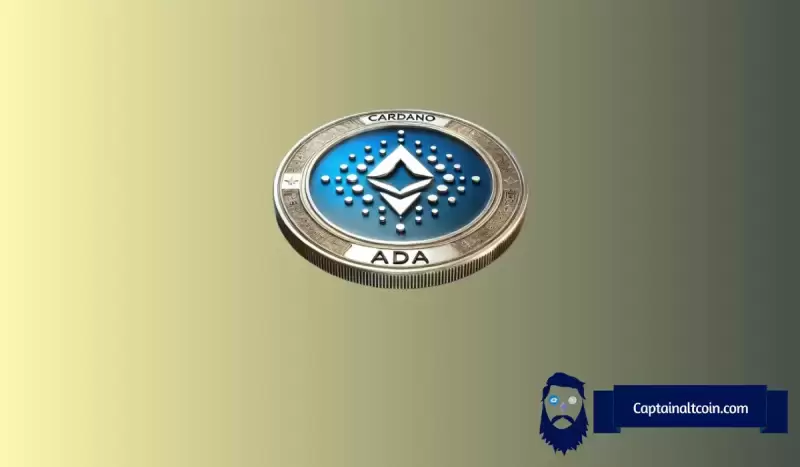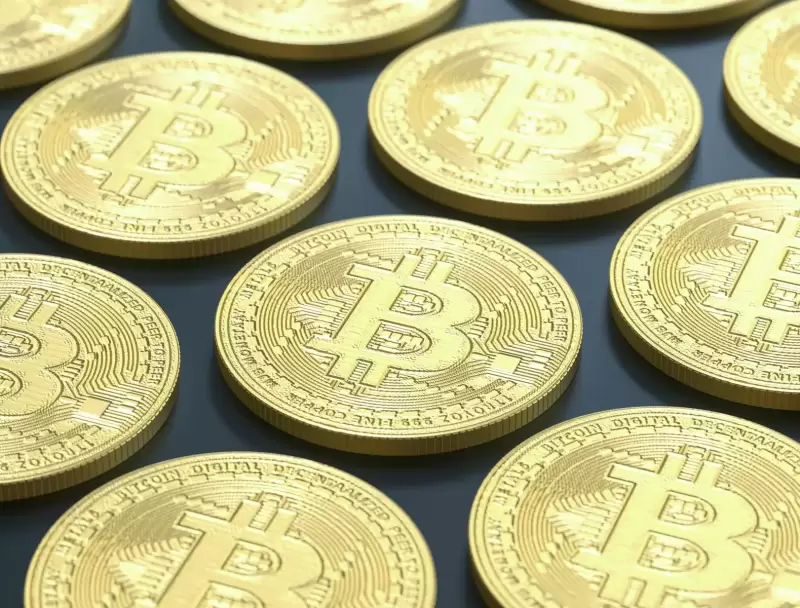 |
|
 |
|
 |
|
 |
|
 |
|
 |
|
 |
|
 |
|
 |
|
 |
|
 |
|
 |
|
 |
|
 |
|
 |
|
Cryptocurrency News Articles
MEV Has Spread to Bitcoin, in Subtler Forms Than on Ethereum
Jul 10, 2024 at 02:01 am
There are several ways to front-run a pending bitcoin transaction. One in particular could lead to private mempools, and thus centralization of authority

MEV, or Maximal Extractable Value, has become a hot topic in the cryptocurrency world. It refers to the ability of those who verify transactions on a blockchain to choose the order in which they are processed, allowing them to extract value from the transactions themselves. While MEV has been a common occurrence on Ethereum, it has largely been absent from Bitcoin—until now.
In this article, we will explore the different ways in which MEV can manifest on Bitcoin, ranging from front-running NFT trades on marketplaces to the mining of empty blocks and the use of out-of-band payments. We will also touch on the potential implications of these practices, such as the slippery slope towards private mempools and the centralization of authority on the blockchain.
MEV on Ethereum: A quick refresher
As a quick refresher, MEV on Ethereum is possible due to the way transactions are processed on the network. When a user submits a transaction, it is placed in a mempool, which is a collection of pending transactions waiting to be included in a block and processed by a validator. The validators, who are selected based on their stake in the network, then choose which transactions to include in each block.
Since the validators are able to see all of the transactions in the mempool, they can front-run them by submitting their own transactions first. This allows them to extract value from the original transactions, such as by purchasing an NFT at a lower price before the intended buyer's transaction is processed.
While front-running is one of the most common types of MEV on Ethereum, there are a number of other ways in which validators can extract value from transactions. These include sandwich trades, where a validator places two transactions around the original transaction to extract value from both sides, and transaction reordering, where a validator changes the order of transactions in a block to benefit themselves.
MEV on Bitcoin: More subtle, but still present
In contrast to Ethereum, where MEV is a highly visible and well-defined phenomenon, MEV on Bitcoin is more subtle and can manifest in a variety of ways. Some of the most common include:
Front-running NFT trades on marketplaces: One way in which MEV can occur on Bitcoin is through the front-running of NFT trades on marketplaces such as Magic Eden. When a seller lists an NFT for sale on these marketplaces, they create a Partially Signed Bitcoin Transaction (PSBT). The buyer then completes the transaction by adding their signature and paying the fee.
However, if an NFT trader sees the transaction in the mempool, they can snipe it by broadcasting their own transaction that replaces the original buyer's payment and address with their own. To do so, they broadcast a Replace-By-Fee (RBF) transaction with a higher fee to ensure that their transaction is confirmed before the original one.
This allows them to purchase the NFT at the price set by the seller, while the original buyer is left out in the cold.
Mining of empty blocks: Another way in which MEV can manifest on Bitcoin is through the mining of empty blocks. Periodically, a bitcoin block is mined with nothing in it. The block is useless to anyone save the miner who won the block, as no transactions which are waiting to be confirmed are verified except for the coinbase (small "c," not the company) transaction which rewards the miner with the block reward.
There’s a technical reason this happens, and really it’s an accident that empty blocks even occur, but it’s hard to argue that this is a) not MEV and b) good for Bitcoin (although it is also hard to argue that it’s bad).
Cartel behavior among miners: As we all know, Bitcoin is mined by powerful computers that solve complex mathematical puzzles. The miner who solves the puzzle first gets to add the next batch of transactions to the blockchain and collect the associated fees.
In the early days of Bitcoin, individual miners competed fiercely for this prize. However, as the network has grown more competitive and the puzzles have become harder to solve, many miners have joined forces and created mining pools. These pools combine the computational power of all their members and then split the rewards among them, regardless of who actually solved the puzzle.
While mining pools can help to stabilize the income of individual miners and make the process of mining more efficient, they can also introduce new opportunities for MEV. For example, if a mining pool were to gain control of a majority of the network hashrate, it could use this power to extract value from transactions by prioritizing certain transactions over others.
Out-of-band payments to miners: Finally, another way in which MEV can occur on Bitcoin is through out-of-band payments to miners. This practice involves paying miners (either off-chain, or in a separate and seemingly unrelated bitcoin transfer) to accept transactions which are considered non-standard.
Disclaimer:info@kdj.com
The information provided is not trading advice. kdj.com does not assume any responsibility for any investments made based on the information provided in this article. Cryptocurrencies are highly volatile and it is highly recommended that you invest with caution after thorough research!
If you believe that the content used on this website infringes your copyright, please contact us immediately (info@kdj.com) and we will delete it promptly.
-

- Global crypto exchange Binance opened spot trading for ONDO, BIGTIME, and VIRTUAL today, April 11, at 14:00 UTC.
- Apr 12, 2025 at 07:45 am
- This action moves the tokens from Binance Alpha to the main Spot Market, though “Seed Tags” will be attached reflecting their newer status and associated risk factors.
-

-

-

-

-

-

-

-





























































